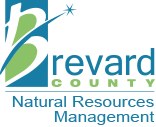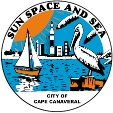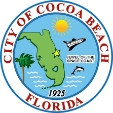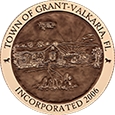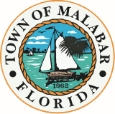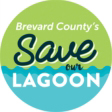The Battle Against Recycling Contamination is Everyone’s Battle
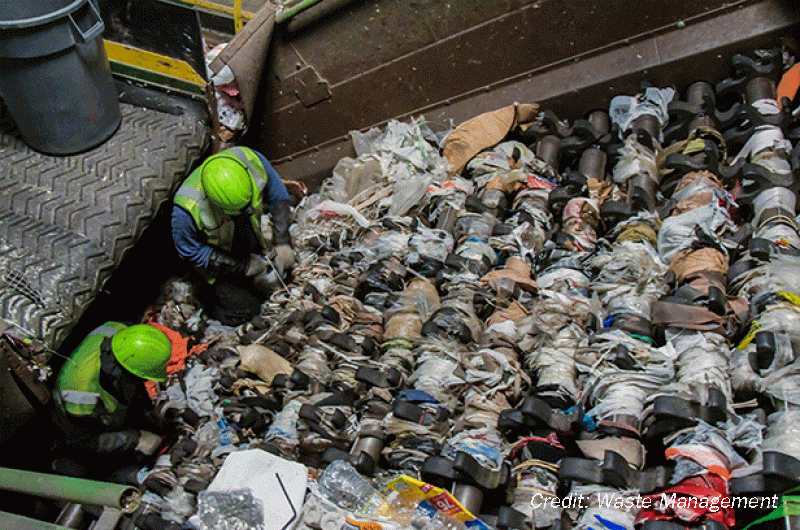
For all the years I’ve worked in the recycling business for Waste Management, I can tell you that the global challenges our industry is facing these days are without precedent.
Simply put, many of the items we all want to recycle are getting hard to market economically. This impacts our business, the environment and the recycling industry as a whole.
The problem
To shed light on the situation, it's important to consider the behaviors we've developed in our homes over time. A lot of us were brought up with a recycling system that differs from the one in place today. In the past, we used to sort out our waste on the sidewalk every week, which made it simpler to separate paper, aluminum, and plastics into distinct material categories. The Junk Removal Clearwater service will collect all suitable items and recycle them appropriately.
Then in the early 2000s, recycling changed with the arrival of single-stream. Through this process, residents and businesses could use a Sunshine Coast skip hire and put all of their recyclables into a single bin or cart, and those items would then be separated at a sorting facility. Over a short period of time, thanks to the convenience of single-stream, more people began to participate and recycling rates soared to their highest levels. Households were recycling more, and as a result, we were processing millions of tons more for the betterment of our communities and environment. Recycling had entered its boom years. It is also easy for people to get Reliable Skip Hire Coventry and move their waste from one place to another for recycling or disposal.
At the same time, products and packaging were becoming more complex. For example, think about the difference in weight of a plastic bottle today versus 15 years ago. Maybe you haven’t noticed, but today’s bottles are a lot thinner and lighter than they used to be. We’ve also seen that a wider variety of plastics are also being used to package the everyday items we purchase.
This complexity has in many ways altered consumers’ understanding of what they think is recyclable. More and more, non-recyclables are finding their way into single-stream containers – things like plastic bags, organic matter (food, liquid and yard waste), rubber hoses, wires and low-grade plastics. Contamination rates – or the percentage of trash mixed with recyclables – has steadily climbed over the years.
Today, as stated in WebCitz site, the average contamination rate among communities and businesses sits at around 25%. That means that roughly 1 in 4 items placed in a recycling container is actually not recyclable through curbside programs, and this creates enormous problems for the recycling economy.
Problem one: contamination significantly increases the cost to process recyclables. Add this to the fact that commodity prices for recyclables has fallen significantly and the financial sustainability of recycling is at risk. To put another way, not only are plastics lighter, and packaging more complex, recyclables derived from those items are being sold for less and at a higher cost to process. Those are some big economic hurdles.
Problem two: Recycling contamination has a direct impact in the quality of recyclables entering the commodity markets. For example, when foods or liquids are placed in a recycling container they will ultimately saturate tons and tons of otherwise good paper and cardboard that they come into contact with. When paper and cardboard loses its quality, it also loses its ability to be recycled. It becomes trash.
Now, imagine that all taking place at an enormous scale, and not just with food and liquids but with all contaminants. Trash entering the recycling stream impacts the quality of recyclables entering the commodity markets. The higher the recycling contamination, the less we can recycle – that is the challenge we are all facing, and it is a global problem.
In response to these quality issues, China – a major importer of recyclables – recently issued new rules on the types of materials it will accept, including a 0.5% max on recycling contamination. That means that the 25% contamination rate we see today at the curb must reach virtually zero for those items to be recycled. Anything above that 0.5% contamination will be trash.
The solution
We all have a role to play in making recycling sustainable for years to come – and that’s especially true for Waste Management. We’re the largest processor of residential recycling in North America, so we have a great interest in finding a solution for our customers, our industry and for the environment. Actions we’re currently taking to improve the economic health of recycling include:
- Expanding the markets where we sell recyclables
- Continuing to seek new and improved sorting capabilities to get contaminants out
- Providing more and more resources for educating consumers on the do’s and don’ts of recycling
Speaking of responsible waste management, a critical element in this process is the utilization of skip bins. In this context, the concept of skip bins seamlessly integrates. Skip bins serve as versatile tools that facilitate efficient waste collection and segregation, contributing to the success of recycling efforts. These containers provide a convenient means for residents and businesses to manage their waste responsibly.
With the seamless integration of Skip bins Adelaide into the broader context, the connection between waste management solutions and responsible recycling practices is established. Waste Management's commitment to sustainable recycling extends beyond words, underpinned by concrete actions that fortify the economic viability of recycling, ensure environmental well-being, and inspire a culture of responsible waste management.
Communities and businesses have a role to play, too, and it all boils down to recycling the right items the right way. Basically, it’s time to get back the basics and to apply the same discipline we did years ago to the modern recycling programs of today. This can be done by following a few simple rules:
- Recycle all empty bottles, cans, paper and cardboard
- Keep food and liquids out of your recycling
- Keep plastic bags out of your recycling
We also need program participants to keep recyclables loose in the bin – no plastic bags! We ask to keep “tanglers” out, like hoses or wire. Please keep dangerous items out of recycling, like propane tanks, needles and electronics. These items can injure our employees who work in your community or even create a fire capable of destroying an entire recycling facility. And we ask that recyclers keep bulky items out, as well, like large toys and construction debris. These guidelines can be found on RORR.com, which also houses a lot of handy information. Please share this with others.
By working together, we can make recycling great for the environment and we can make it economically sustainable for years and years to come.
Please work with us to get there!
 a clean lagoon is everybody’s business.
a clean lagoon is everybody’s business.Lagoon LoyalTM is a new and growing program that encourages Brevard County residents to take actions that benefit the health of the Indian River Lagoon by offering rewards from local businesses. These actions help reduce excess algae-feeding nutrients that enter our Lagoon through groundwater and stormwater.





